Toby Dalton, head of the Nuclear Policy Program at the Carnegie Endowment for International Peace, is in Mumbai to promote his book 'Not War, Not Peace' (co-authored with George Perkovich) which looks at complexities in India-Pakistan relations. Yogesh Pawar caught up with him for an interview where he took stock of the latest cross-border strike, the Indus water treaty among other things..
Your reaction to the “surgical strikes” by India across the LoC?
Its too early to decode or contextualise claims of surgical strikes by India. Because, much of what is being said by both India and Pakistan is so different. I understand that there has been a press briefing from India but this seems more like a public relations exercise targeted at the domestic audience which was holding up the government to its earlier claims of a tough stance on Pakistan.
Many would say they saw this coming given the war frenzy escalating in India...
That's true. In many ways one could foresee a situation like this developing because we have seen tensions rise between India and Pakistan on many occasions in the past, not surprising to see this one play out like it is. But being here, as opposed to seeing it from a distance sets off an emotional response as well. It can be very challenging to be rational about this.
Are you at least a wee bit happy at the turn of events because it helped propel your book?
I'm afraid there can't be any glee about a situation like this. We've been writing this book from the past several years. We have seen the rise of frustration levels in India with the prior government's response to Pakistan and then bringing in a government which promised to do something. As we worked on the book we foresaw a situation like this. We only feel that the likelihood of more attacks and retaliatory moves is very real. Neither have India's defences gotten stronger, nor has Pakistan's motivation changed. In a way that makes it harder to talk about the book since the situation is not hypothetical anymore.

Most Indians feel that the Indo-Pak dialogue suffers because of Pakistan's Kashmir obsession.
We need to understand that for Pakistan the situation in Kashmir is important domestically and also for its foreign policy. Its also important militarily as a tool to keep India engaged, because the military — from the beginning — has looked at India as some kind of existential threat to the idea of Pakistan.
Also one needs to remember, responsibility for an inflamed Kashmir can be laid at doors of both neighbours. What Pakistan is doing and what India is not doing is a very large part of the narrative which keeps the valley on the boil. Given that context, India sees 26/11, the Pathankot attack and Uri as cruel reminders of Pakistan's tolerance and embrace of anti-India terror groups. Pakistanis, on the other hand, seem to think these attacks are reminders to India and her military that the Kashmir issue cannot be addressed till Pakistan is made party to the talks. Whether such a claim is legitimate or not is, of course, another story altogether, depending on where you are looking at it from.
Given the tensions, will it be easy for both neighbours to step back and allow tempers to cool?
Its very hard to say. If you compare reactions in India to Uri with January, right after the Pathankot attack this time it is very different. We need to accommodate the fact that the Modi government is a captive of its own rhetoric talking tough on Pakistan. Angry at what they see as an ineffective response down the years, Indians are now asking the government to make good on its promise of sending a strong message to Pakistan by punishing it.
Are militaristic options really feasible?
I think there is a realisation that the military options that people are demanding are really not there... You need to remember that these were options that were brought up in 2001 during Operation Parakram and in 2008 after the Mumbai attack too. Punitive military action may address domestic demand but it does not solve the larger problem.
Doing things symbolically may seem important now, but there is the danger of the escalation dynamics of this not being fully understood. And that can't be in India's interest at all.
India is also looking at alternative tactics like re-looking at the Indus Water Treaty...
Its hard to say whether all those assertions really tactical or if there is any real strategy behind that or if it is purely reactive. If its a strategy, then we'll see multiple levels of activity and the moment won't lapse. But one feels by next week there will be something else more pressing which will grab everyone's attention and I won't be surprised if nations arrive at some kind of agreement on a climbdown.
Having said that, it is of concern to think of the long-term consequences of steps like re-looking at the Indus Water Treaty. In our analysis of India's options in our book, its suggested that the Indus Water Treaty, the withdrawal of MFN status or the isolation of Pakistan at world fora like the UN as a terror state are in realm of non-violent means which use diplomacy and economics to build pressure on Pakistan to stop supporting anti-India terror. Such non-violent methods might yield better dividends than the military options,
What is you take on the fringe demands for banning of Pakistanis in Bollywood?
We need to think of the consequences. Will this make it easier or tougher for civil society and segments of the population which don't support their government's interference in India who are trying to build a counter-narrative? I'd say it is India's strategic interest to work with civil society to build pressure within and outside Pakistan to demobilise these groups. In our book we talk about using non-violent compel-lance which is very different than strategic restraint, and mind you I'm not making a comparison between the two. The former would seek to creatively utilise ties between the entertainment communities in both countries. It is possible to call attention to the problem of how much damage this has done to India and the illegitimacy of Pakistan's designs on Kashmir, far more effectively by using films or cricket.
Whether Pearl Harbour in WWII or 9/11, the US has come down with all its military might against any country that threatens it. And yet it keeps preaching peace and restraint to India.
I think that is a very loaded question. Let me nevertheless try and answer that by turning it around. Do you think for having invaded Iraq and having sustained a 15-year-long war in Afghanistan, the US is better off or worse off?
So you see this kind of overreach can have very negative consequences. The long term damage to the US economy, in terms of the debt that has come from the military engagements cannot be ignored. The way the US is seen as a bully in many countries can also not be ignored. Instead of a country that uses its position as superpower to bring violence instead of peace and stability. The creation of the vacuum in Iraq that led to the creation of the Islamic State can't be ignored. I think the takeaway from looking at the US' actions would be to think whether military options exercised in each case has left that nation state and the world better or worse off. That's the way mature democracy would think as one hopes India would.
![submenu-img]() This classic was made by director in frustration, was rejected by Amitabh, Naseer, inspired many filmmakers, earned...
This classic was made by director in frustration, was rejected by Amitabh, Naseer, inspired many filmmakers, earned...![submenu-img]() Panchayat's Durgesh Kumar says viral 'Dekh raha hai Binod' line is not his anymore, reacts to memes | Exclusive
Panchayat's Durgesh Kumar says viral 'Dekh raha hai Binod' line is not his anymore, reacts to memes | Exclusive![submenu-img]() 'Against Gambhir becoming the coach...': Sourav Ganguly gets slammed by fans for indirect tweet towards BCCI
'Against Gambhir becoming the coach...': Sourav Ganguly gets slammed by fans for indirect tweet towards BCCI![submenu-img]() 'The Indian Sarcasm': From Humble Beginnings to Conquering Social Media
'The Indian Sarcasm': From Humble Beginnings to Conquering Social Media ![submenu-img]() As rumours of divorce with Natasa Stankovic get stronger, fans wonder where is Hardik Pandya?
As rumours of divorce with Natasa Stankovic get stronger, fans wonder where is Hardik Pandya?![submenu-img]() Meet IAS officer who was victim of domestic violence, mother of two, cracked UPSC exam in first attempt, she's posted in
Meet IAS officer who was victim of domestic violence, mother of two, cracked UPSC exam in first attempt, she's posted in![submenu-img]() RBSE Class 5th, 8th Result 2024 Date, Time: Rajasthan board to announce results today, get direct link here
RBSE Class 5th, 8th Result 2024 Date, Time: Rajasthan board to announce results today, get direct link here![submenu-img]() RBSE Rajasthan Class 10 board results out, check direct link here to know results
RBSE Rajasthan Class 10 board results out, check direct link here to know results![submenu-img]() RBSE 10th Result 2024: Rajasthan Board Class 10 results to be out today; check time, direct link here
RBSE 10th Result 2024: Rajasthan Board Class 10 results to be out today; check time, direct link here![submenu-img]() Meet Indian genius who founded India's first pharma company, he is called 'Father of...
Meet Indian genius who founded India's first pharma company, he is called 'Father of...![submenu-img]() DNA Verified: Did Kangana Ranaut party with gangster Abu Salem? Actress reveals who's with her in viral photo
DNA Verified: Did Kangana Ranaut party with gangster Abu Salem? Actress reveals who's with her in viral photo![submenu-img]() DNA Verified: New Delhi Railway Station to be closed for 4 years? Know the truth here
DNA Verified: New Delhi Railway Station to be closed for 4 years? Know the truth here![submenu-img]() DNA Verified: Did RSS chief Mohan Bhagwat praise Congress during Lok Sabha Elections 2024? Know the truth here
DNA Verified: Did RSS chief Mohan Bhagwat praise Congress during Lok Sabha Elections 2024? Know the truth here![submenu-img]() DNA Verified: Is CAA an anti-Muslim law? Centre terms news report as 'misleading'
DNA Verified: Is CAA an anti-Muslim law? Centre terms news report as 'misleading'![submenu-img]() DNA Verified: Lok Sabha Elections 2024 to be held on April 19? Know truth behind viral message
DNA Verified: Lok Sabha Elections 2024 to be held on April 19? Know truth behind viral message![submenu-img]() Streaming This Week: Panchayat season 3, Swatantrya Veer Savarkar, Illegal season 3, latest OTT releases to binge-watch
Streaming This Week: Panchayat season 3, Swatantrya Veer Savarkar, Illegal season 3, latest OTT releases to binge-watch![submenu-img]() Avneet Kaur shines in navy blue gown with shimmery trail at Cannes 2024, fans say 'she is unstoppable now'
Avneet Kaur shines in navy blue gown with shimmery trail at Cannes 2024, fans say 'she is unstoppable now'![submenu-img]() Assamese actress Aimee Baruah wins hearts as she represents her culture in saree with 200-year-old motif at Cannes
Assamese actress Aimee Baruah wins hearts as she represents her culture in saree with 200-year-old motif at Cannes ![submenu-img]() Aditi Rao Hydari's monochrome gown at Cannes Film Festival divides social media: 'We love her but not the dress'
Aditi Rao Hydari's monochrome gown at Cannes Film Festival divides social media: 'We love her but not the dress'![submenu-img]() AI models play volley ball on beach in bikini
AI models play volley ball on beach in bikini![submenu-img]() DNA Explainer: Why was Iranian president Ebrahim Raisi, killed in helicopter crash, regarded as ‘Butcher of Tehran’?
DNA Explainer: Why was Iranian president Ebrahim Raisi, killed in helicopter crash, regarded as ‘Butcher of Tehran’?![submenu-img]() DNA Explainer: Why did deceased Iranian President Ebrahim Raisi wear black turban?
DNA Explainer: Why did deceased Iranian President Ebrahim Raisi wear black turban?![submenu-img]() Iran President Ebrahim Raisi's death: Will it impact gold, oil prices and stock markets?
Iran President Ebrahim Raisi's death: Will it impact gold, oil prices and stock markets?![submenu-img]() Haryana Political Crisis: Will 3 independent MLAs support withdrawal impact the present Nayab Saini led-BJP government?
Haryana Political Crisis: Will 3 independent MLAs support withdrawal impact the present Nayab Saini led-BJP government?![submenu-img]() DNA Explainer: Why Harvey Weinstein's rape conviction was overturned, will beleaguered Hollywood mogul get out of jail?
DNA Explainer: Why Harvey Weinstein's rape conviction was overturned, will beleaguered Hollywood mogul get out of jail?![submenu-img]() This classic was made by director in frustration, was rejected by Amitabh, Naseer, inspired many filmmakers, earned...
This classic was made by director in frustration, was rejected by Amitabh, Naseer, inspired many filmmakers, earned...![submenu-img]() Panchayat's Durgesh Kumar says viral 'Dekh raha hai Binod' line is not his anymore, reacts to memes | Exclusive
Panchayat's Durgesh Kumar says viral 'Dekh raha hai Binod' line is not his anymore, reacts to memes | Exclusive![submenu-img]() Dalljiet Kaur's husband Nikhil Patel reveals why their relationship ended, breaks silence on extra-marital allegations
Dalljiet Kaur's husband Nikhil Patel reveals why their relationship ended, breaks silence on extra-marital allegations![submenu-img]() This small-budget blockbuster was rejected by Amitabh Bachchan, attained cult status, made director star; film earned...
This small-budget blockbuster was rejected by Amitabh Bachchan, attained cult status, made director star; film earned...![submenu-img]() ‘They never make it better’: Game of Thrones creator George RR Martin slams film, TV adaptations of books
‘They never make it better’: Game of Thrones creator George RR Martin slams film, TV adaptations of books![submenu-img]() 'No one wanted to...': Billionaire Anil Agarwal’s daughter makes shocking revelation
'No one wanted to...': Billionaire Anil Agarwal’s daughter makes shocking revelation![submenu-img]() 'Humko nahi rahna is gola pe': Heatwave triggers meme fest on social media
'Humko nahi rahna is gola pe': Heatwave triggers meme fest on social media![submenu-img]() 'Ridiculous': Woman claims Swiggy charged Rs 115 for Rs 45 bun butter jam, shares bill
'Ridiculous': Woman claims Swiggy charged Rs 115 for Rs 45 bun butter jam, shares bill![submenu-img]() Man sells replicas of Nita Ambani's necklace for Rs 178, Harsh Goenka reacts
Man sells replicas of Nita Ambani's necklace for Rs 178, Harsh Goenka reacts![submenu-img]() Man dies after being sucked into plane engine in front of passengers at airport
Man dies after being sucked into plane engine in front of passengers at airport
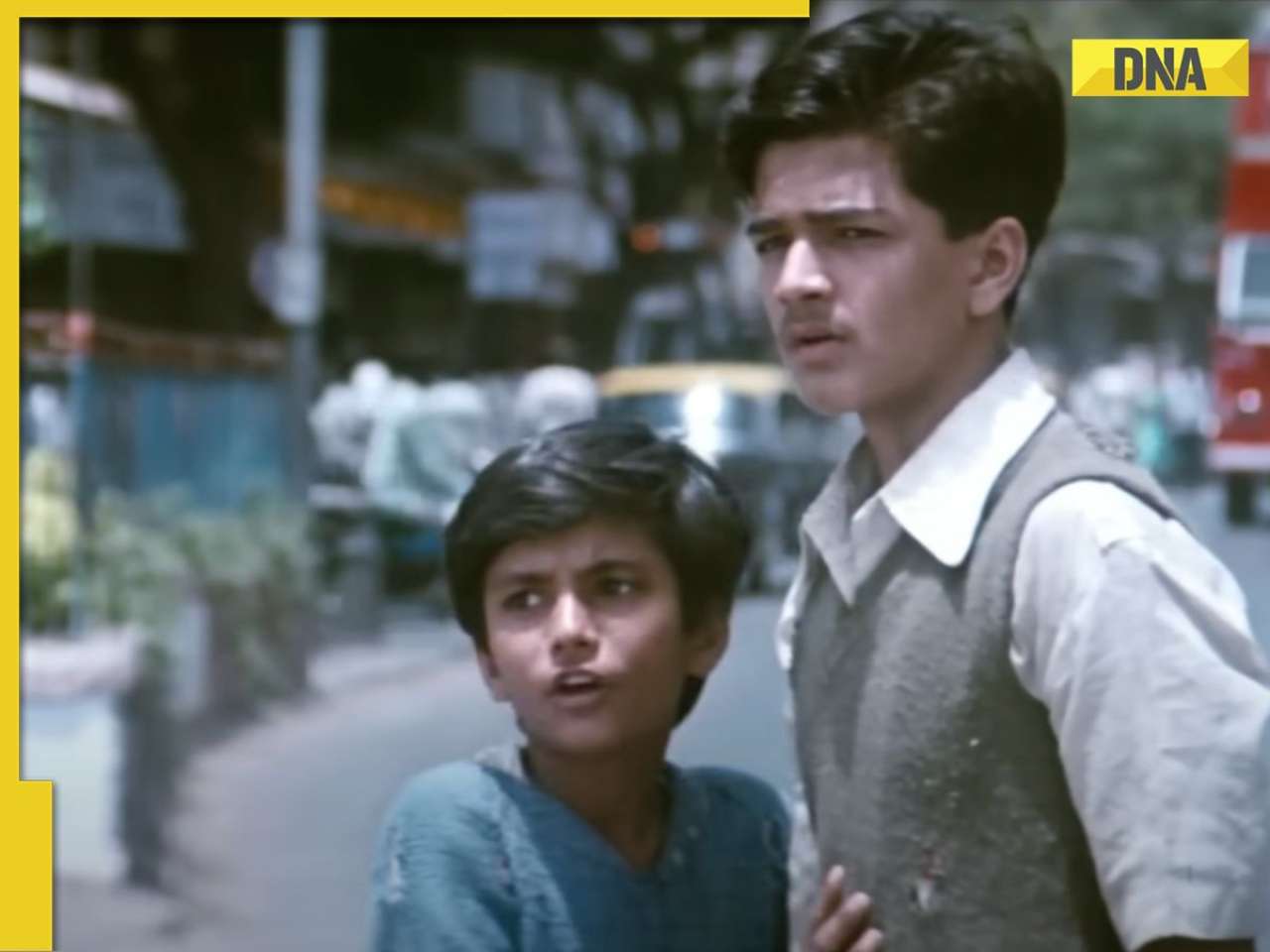

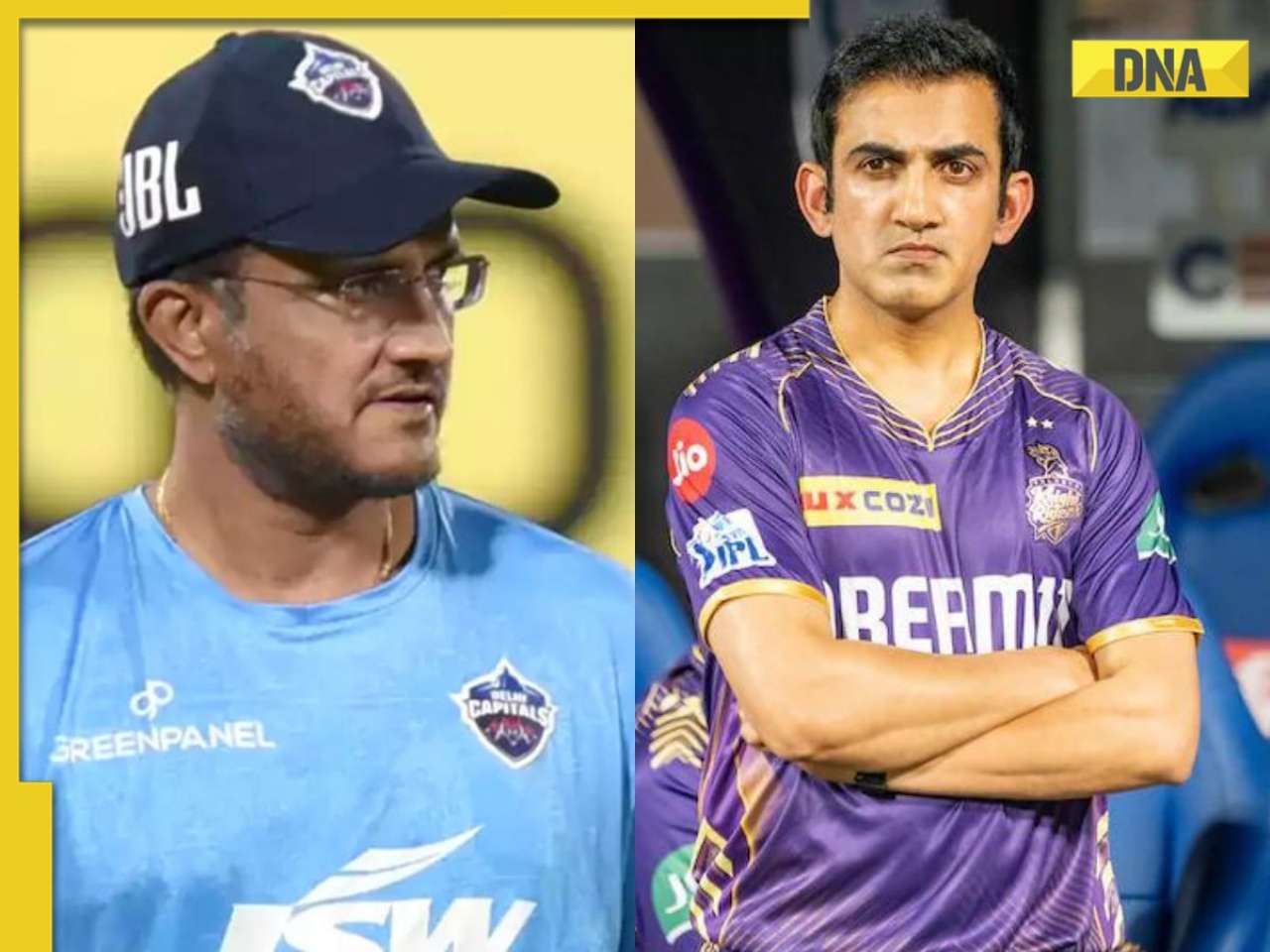









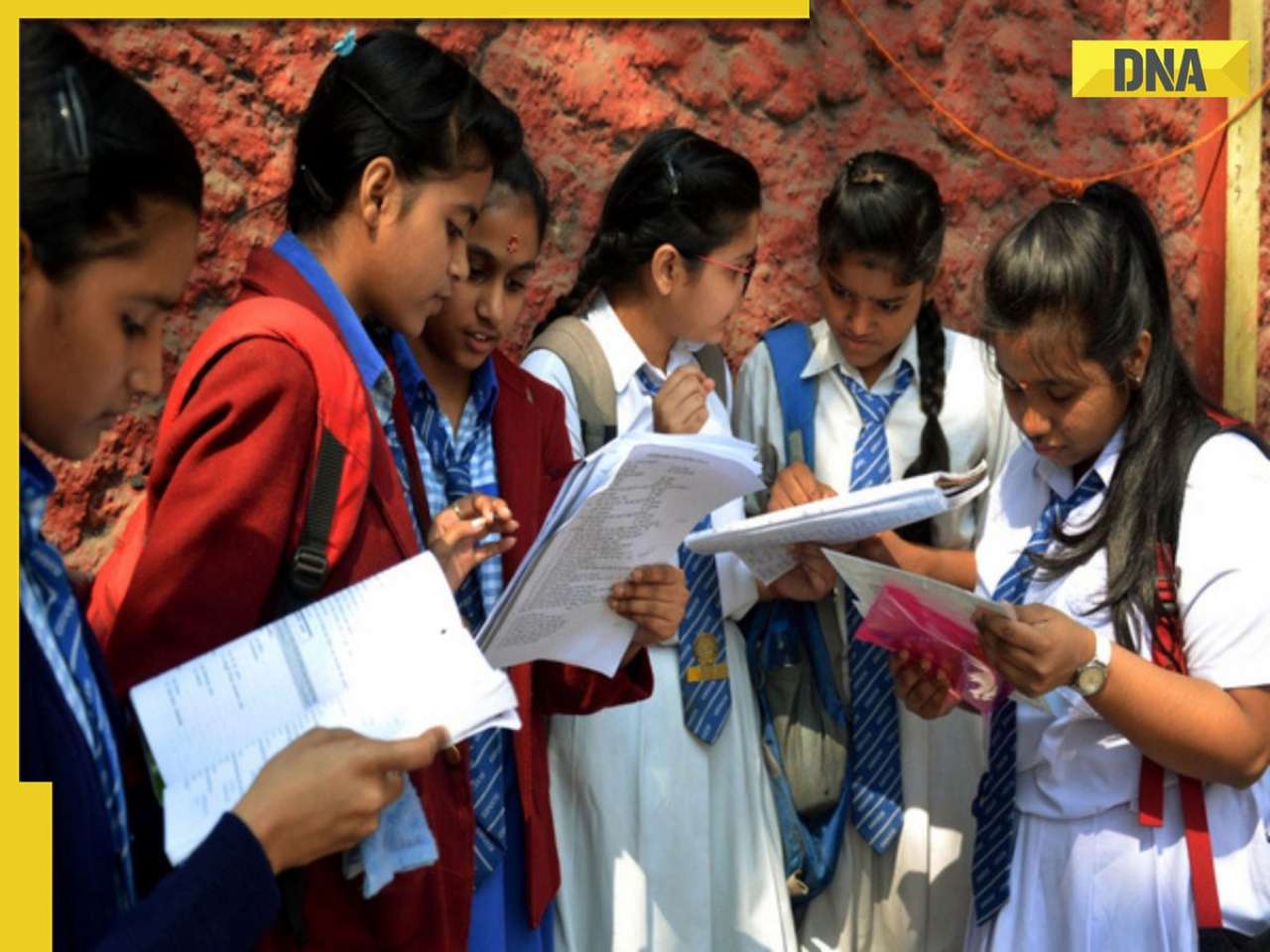
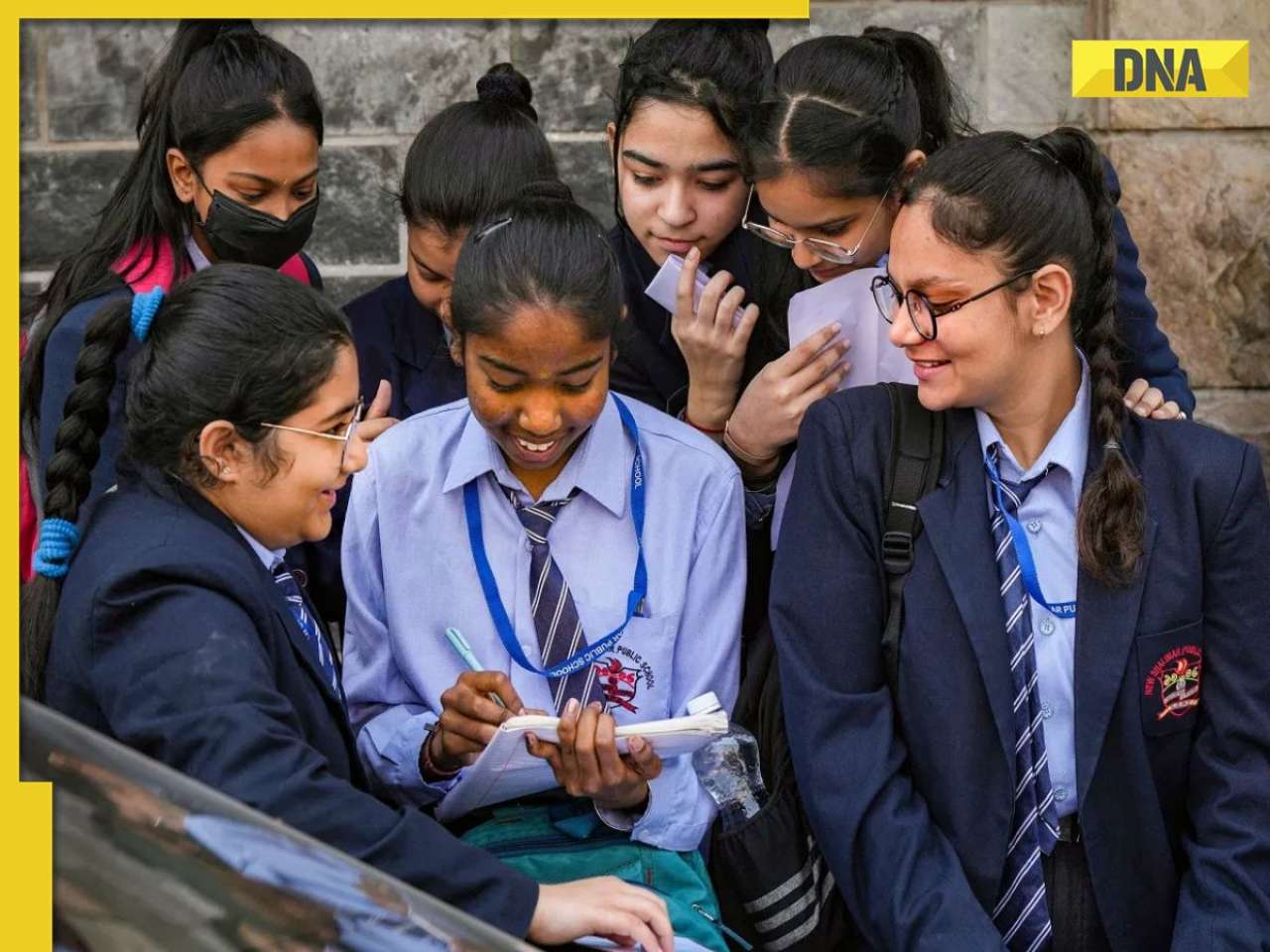
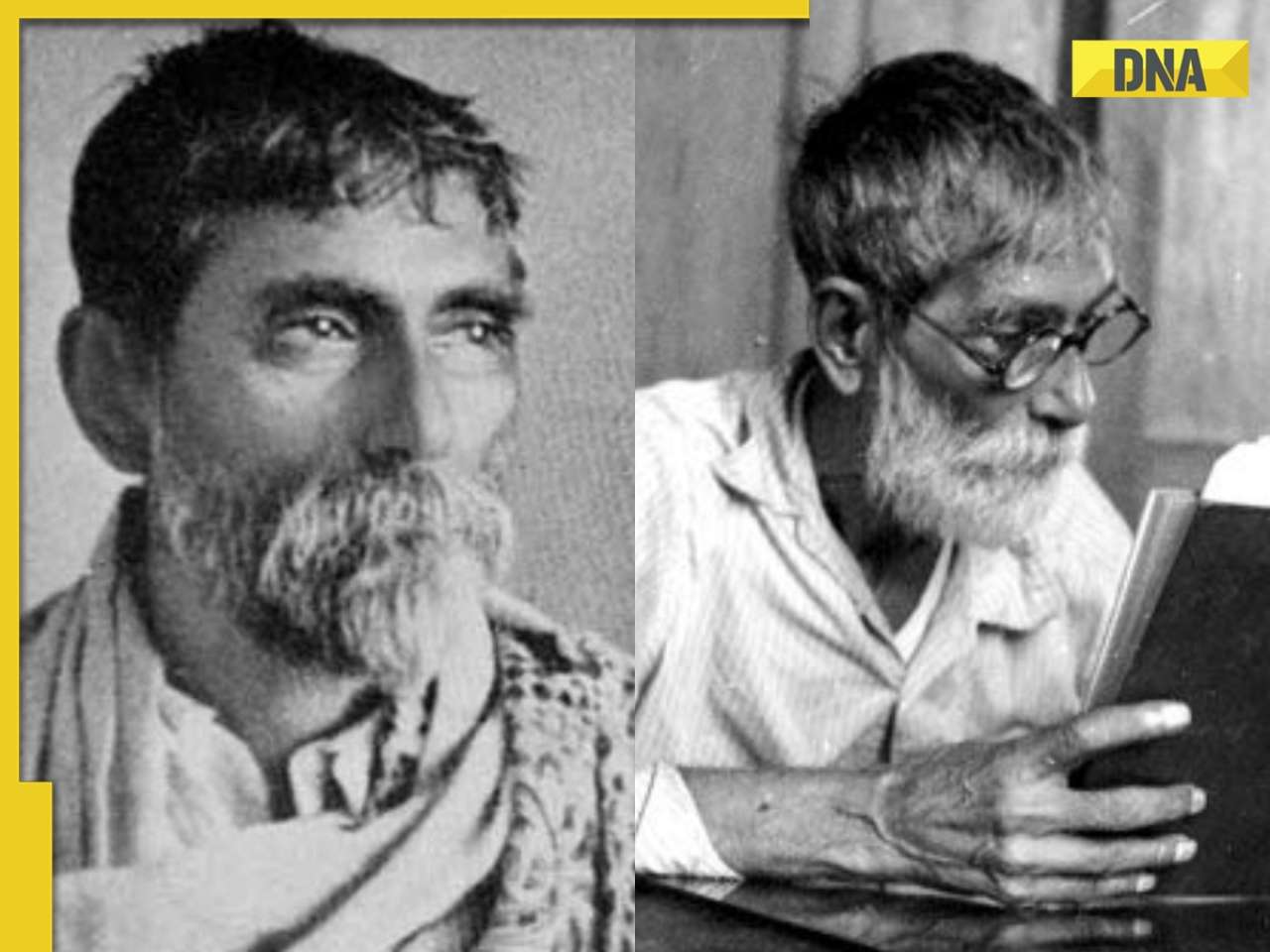















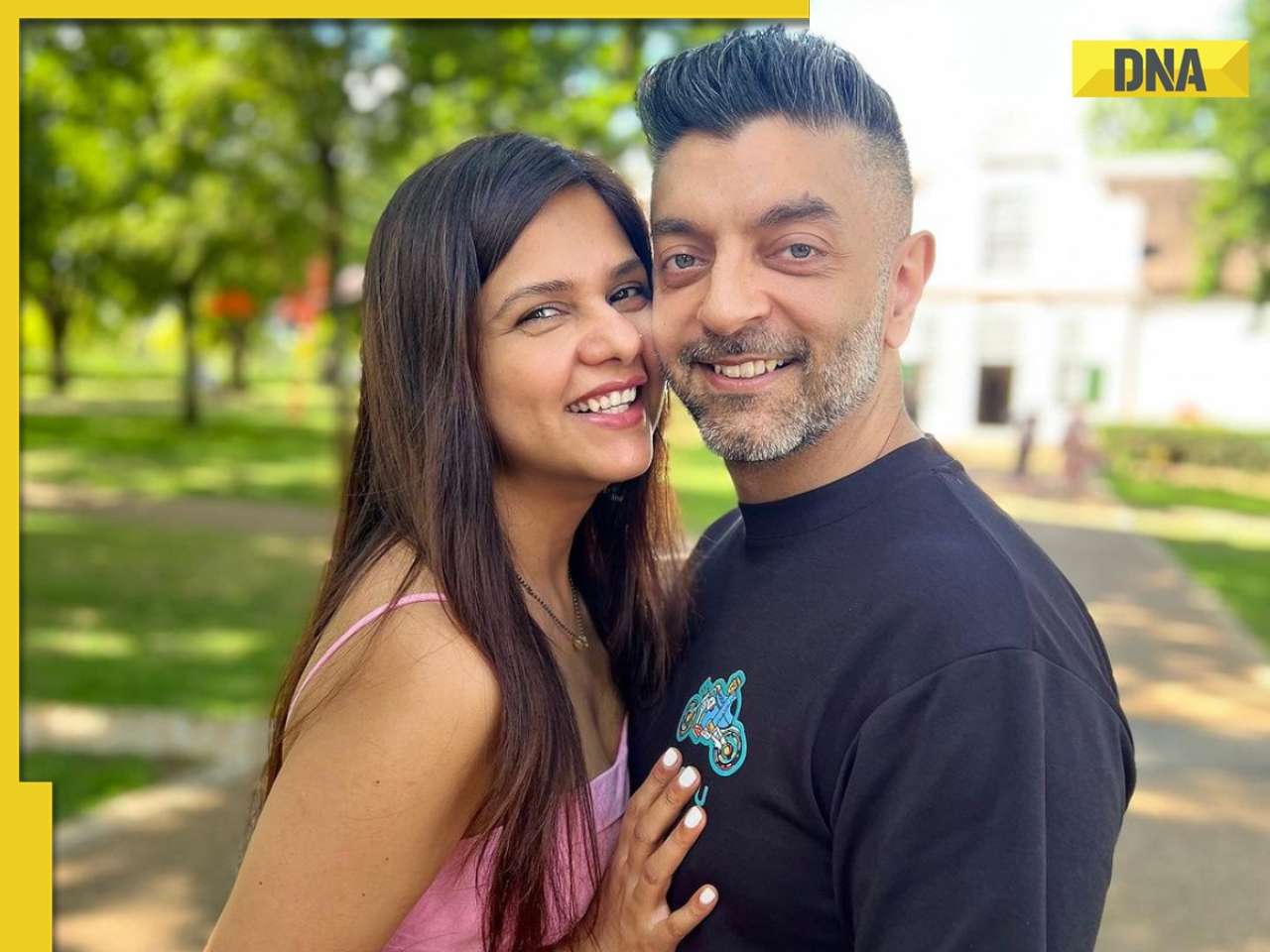



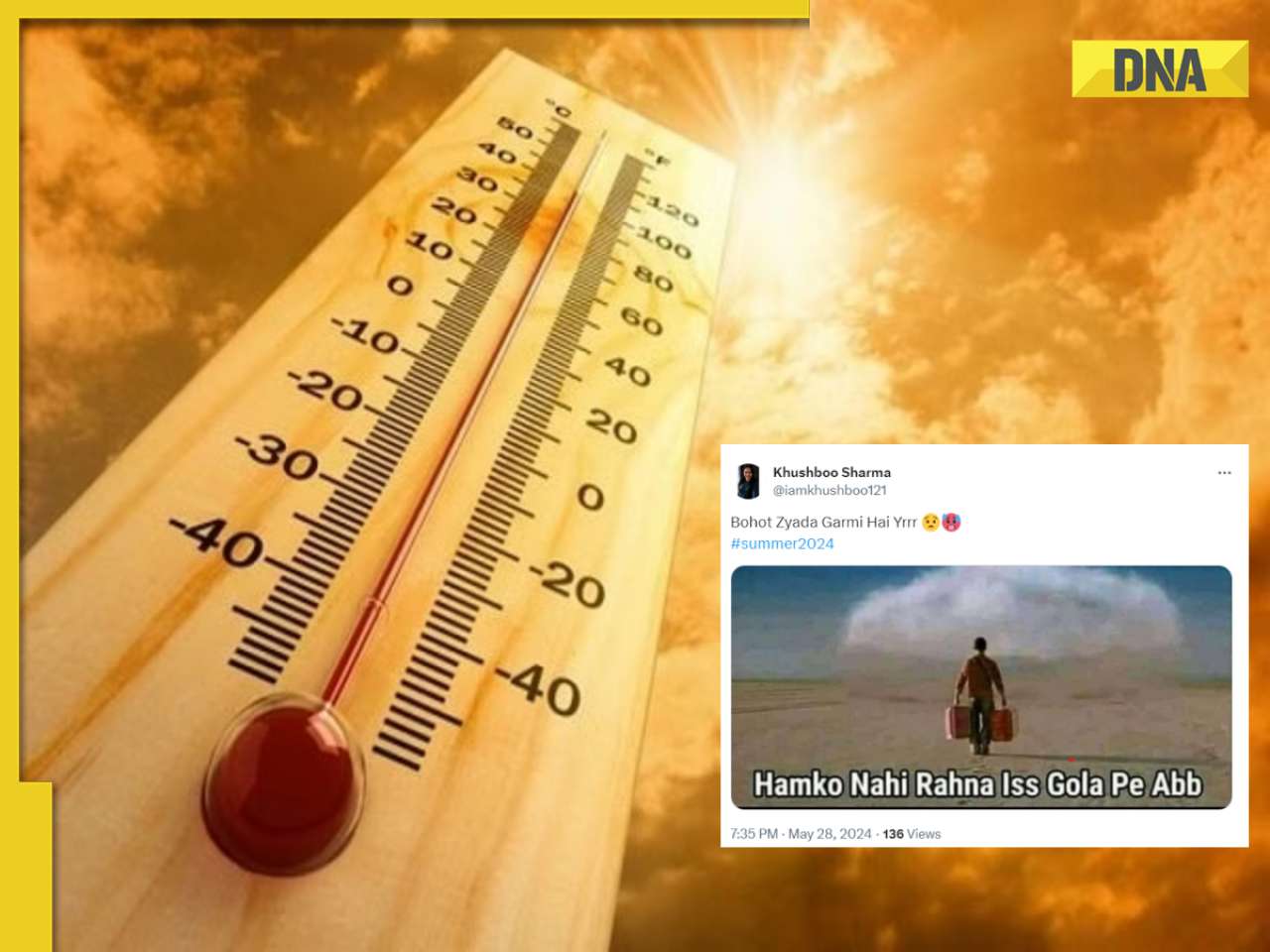




)


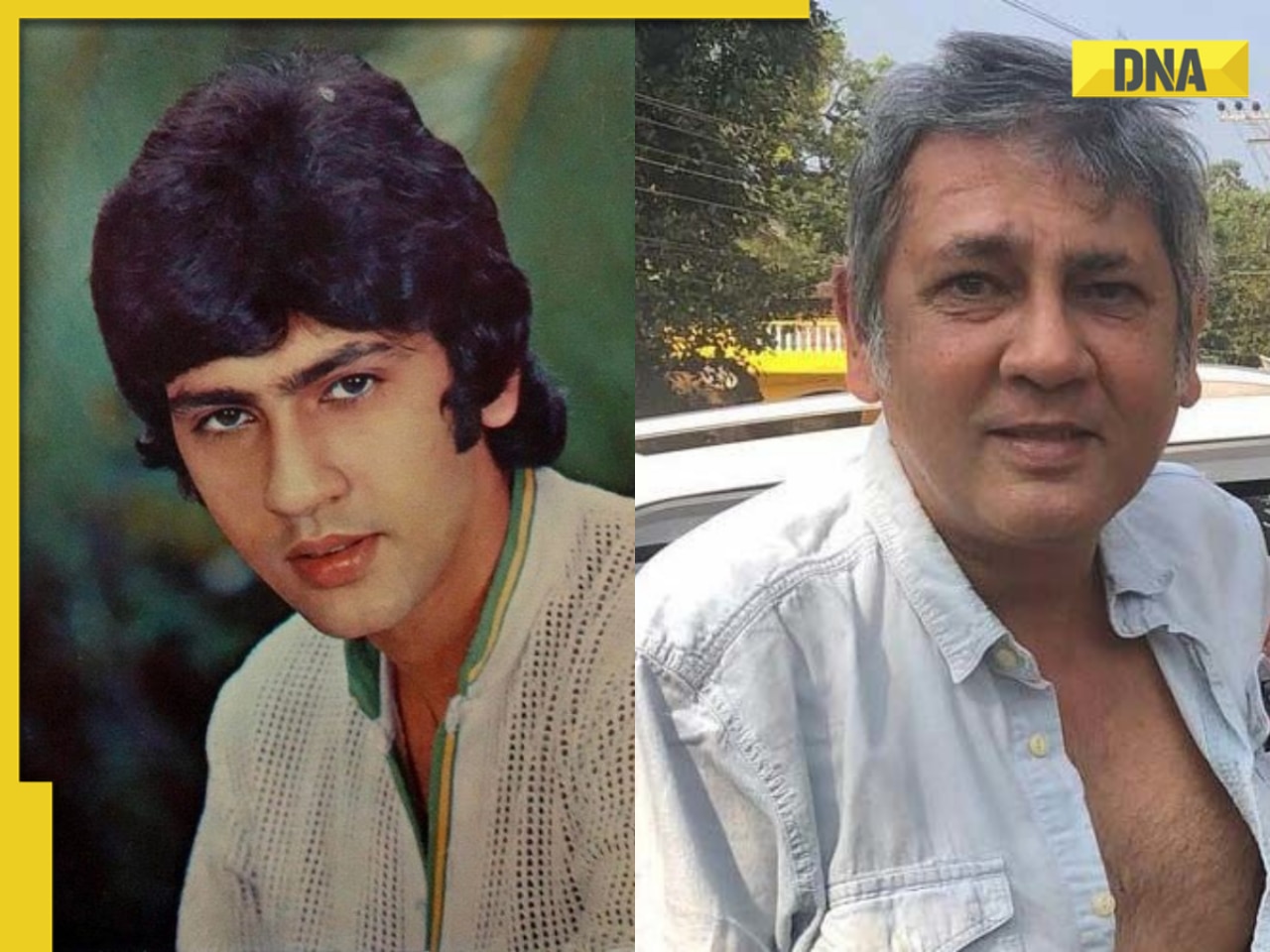


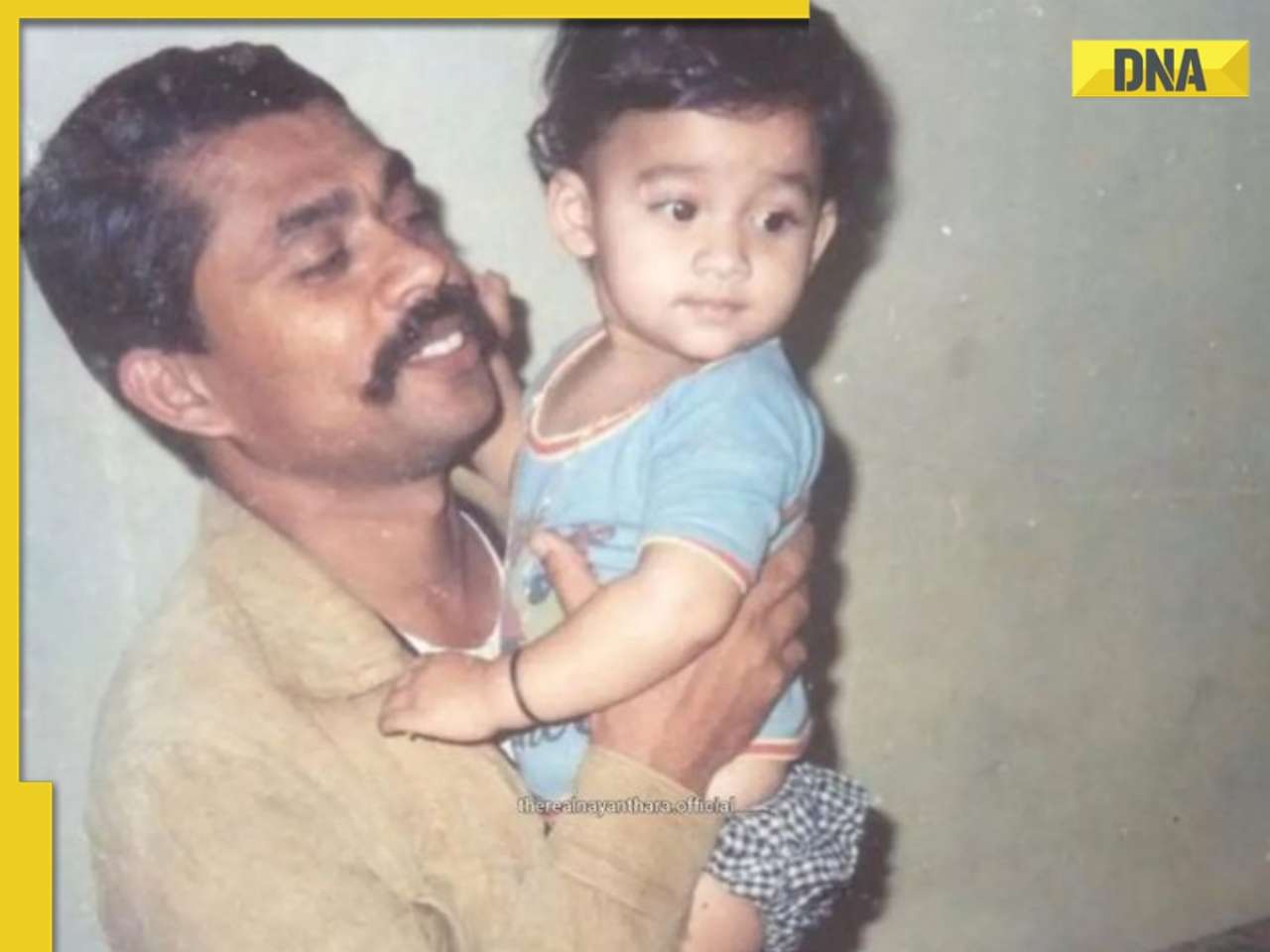


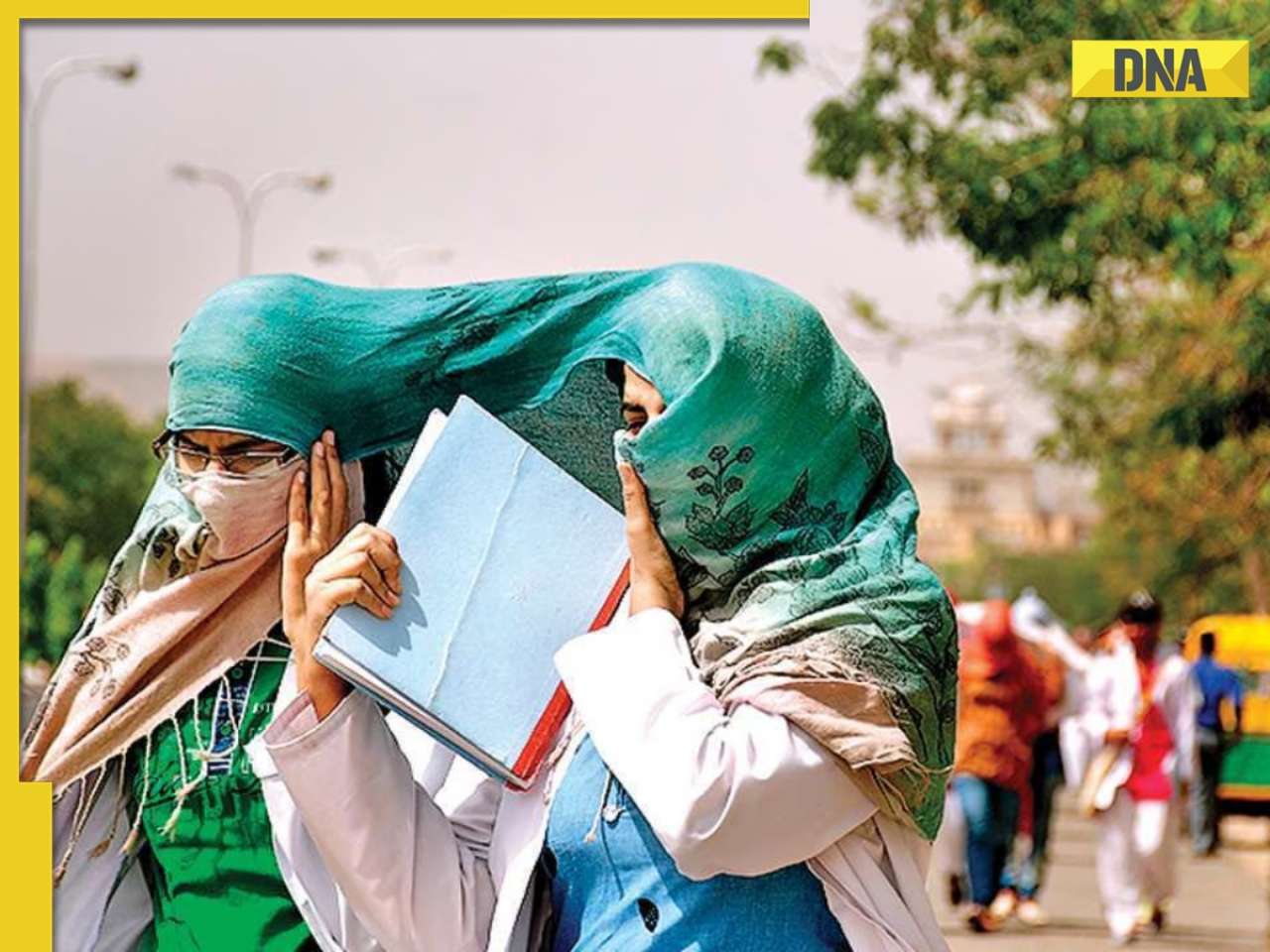
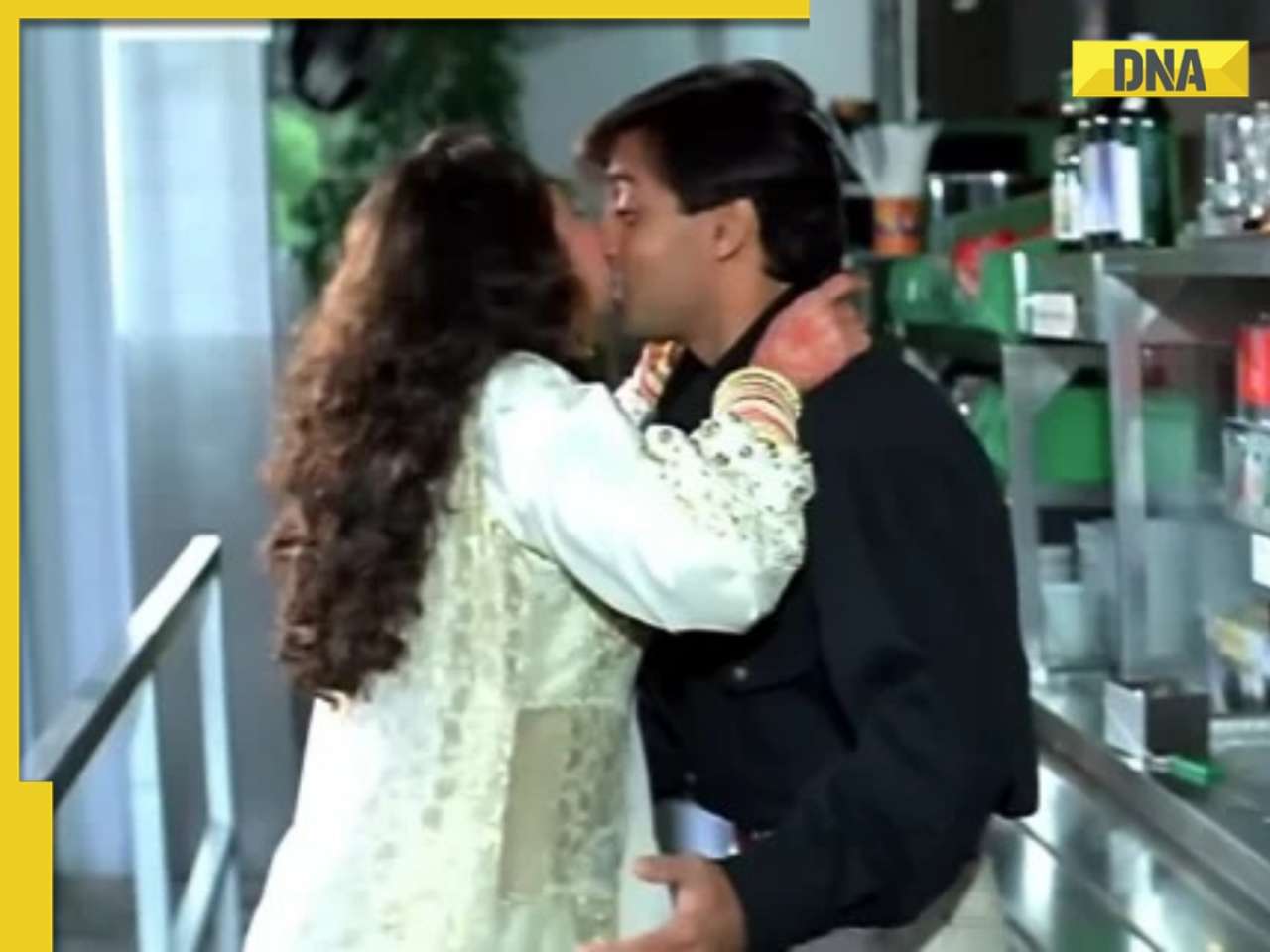

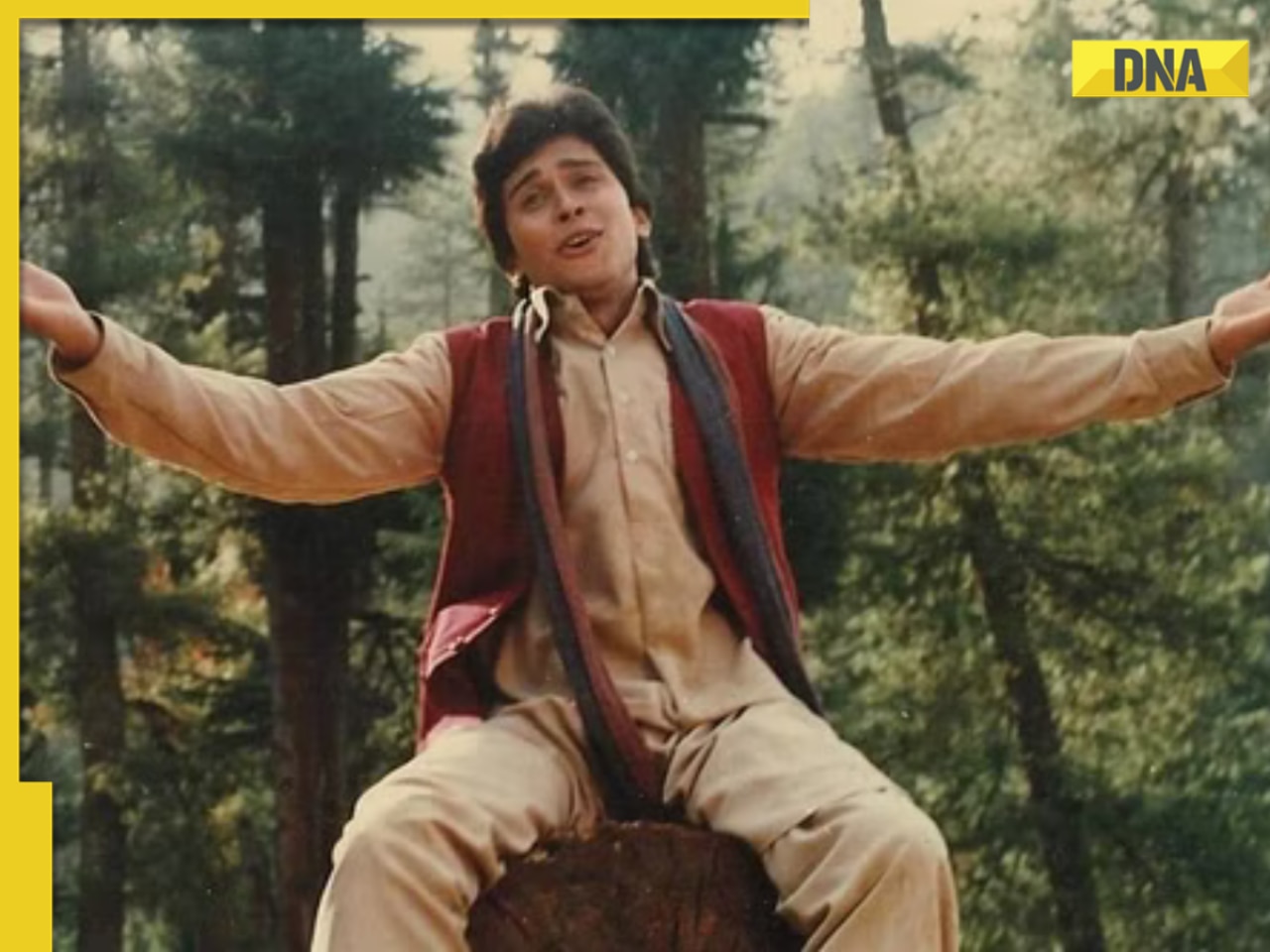

)




)
)
)
)
)
)